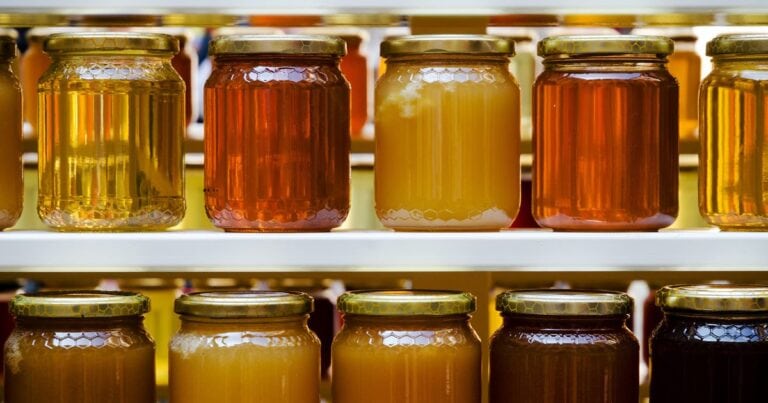Can You Smoke Bees Out?
If you have a bee problem, you might be tempted to use smoke to move them on. Can you smoke bees out? Find out!

‘Can you smoke the bees out?’
I get asked this question all the time when people ring me after finding out that bees have moved into their dwelling. The answer is no, bees cannot be smoked out! But what does smoke actually do to bees?
Smoke has been used in the craft of beekeeping for millennia, and its effects upon bees are very interesting. Giving smoke to an established hive does two things. Firstly, it masks the alarm pheromones produced by guard bees when they perceive a threat, and by bees that are injured or killed. These pheromones include the chemical isopentyl acetate (also known as isoamyl acetate), which has a strong fruity odour reminiscent of both bananas and pears. This is used extensively in banana flavourings, and as a solvent for lacquers and varnishes. Intriguingly, some small molecules can have very different natural applications. Isopentyl acetate is produced by the banana plant, and is responsible for the pleasant fruity smell of ripe bananas. But it is also released from the stinger of honey bees as a signal for other bees to attack!
In an established hive, a gentle blow of cool smoke will also cause the bees to gorge themselves upon honey stores. Exactly why this happens is still not fully understood, but the theory is that the bees will fill their stomachs with honey in anticipation of abandoning the hive due to a looming bushfire. Personally, I’ve never heard of either a feral or captive hive being abandoned prior to the onset of a bushfire, as the bees nearly always seem to perish in the fire and heat. But undoubtedly, when bees consume large amounts of honey their abdomens become distended, which makes it very difficult for them to sting anything.
So if the bees have been established for a few weeks or more, ‘smoking them out’ is simply not possible. They are far more likely to be ‘smoked in’! Smoke is also of limited use with swarms, because most swarms have no reserves of honey to feed upon. In any case, it is usually not needed, as swarms are far less defensive, being absorbed with the task of locating a new home site. If a swarm has just moved into a wall cavity, the process of smoking the bees actually makes their extraction or euthanasia more complicated, as they disperse and are no longer clustered in a tight group.

